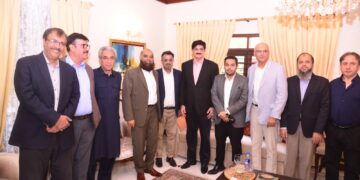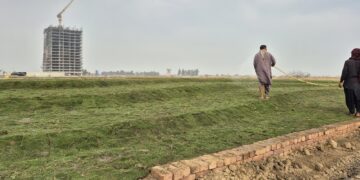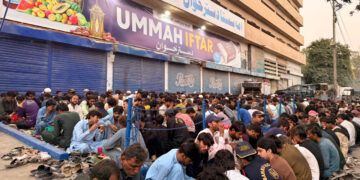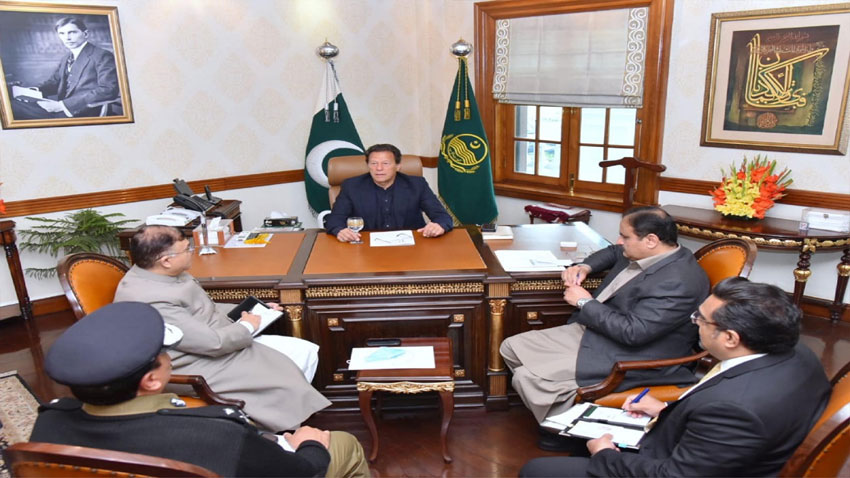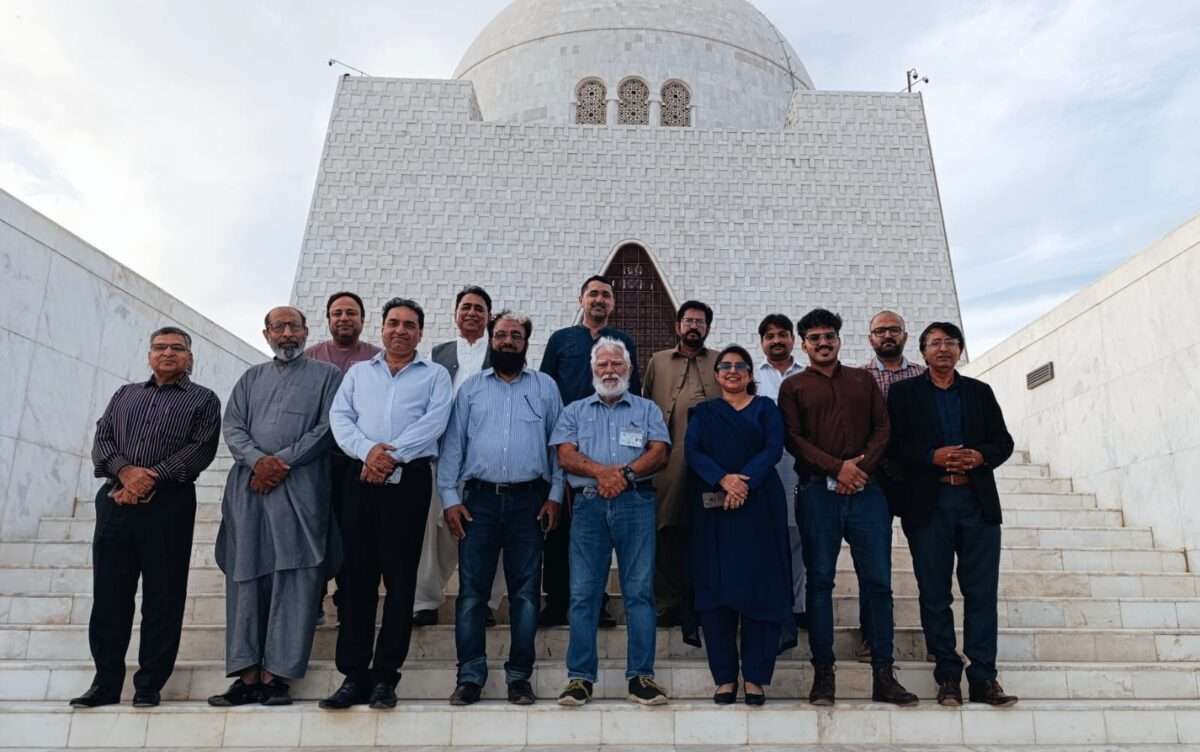The Pakistan Rescue Team has today (Thursday 31 October 2019) received UN accreditation, recognizing the world-class quality of their skills and readiness to search for casualties trapped following disasters, both at home and abroad.
The former head of the UK aid backed UK International Search and Rescue team (UK ISAR), Sean Moore, mentored the Pakistan Rescue Team, where he shared British expertise and developed their skills as they prepared for their UN assessment.
The assessment involved the successful completion of a 36-hour exercise where the Pakistan Rescue Team demonstrated their ability to safely conduct drills such as locating casualties using cameras and listening devices and rescuing people from collapsed buildings. They were also tested on their ability to administer medical care, including performing field amputations, as well as successfully clearing heavy rubble and debris to help access those that are trapped.
The team started to work towards UN classification following the aftermath of a devastating earthquake in Pakistan in 2005, which killed over 85,000 people.
Comprised of volunteers from 15 of the UK’s fire and rescue services, and bolstered by medics, structural engineers and vets, the UK ISAR team support search and rescue responses to those affected by disasters across the world, such as earthquakes, hurricanes or floods. They can also bring comfort to survivors by retrieving the bodies of their loved ones.
UK ISAR is one of most-respected UN classified search and rescue teams in the world, having previously been deployed to crises in Nepal, Turkey, Japan, Haiti, Bosnia, New Zealand, and Indonesia.
International Development Secretary Alok Sharma, said:
“Many congratulations to the Pakistan Rescue Team for the UN recognition of their world-class ability to respond to crises.
“I’m proud an expert from the UK aid funded UK International Search and Rescue team has mentored Pakistani colleagues to develop their skills to achieve this accolade.
“Sharing British expertise means Pakistan is now better equipped to respond when disaster strikes, increasing the chance of saving lives.”










